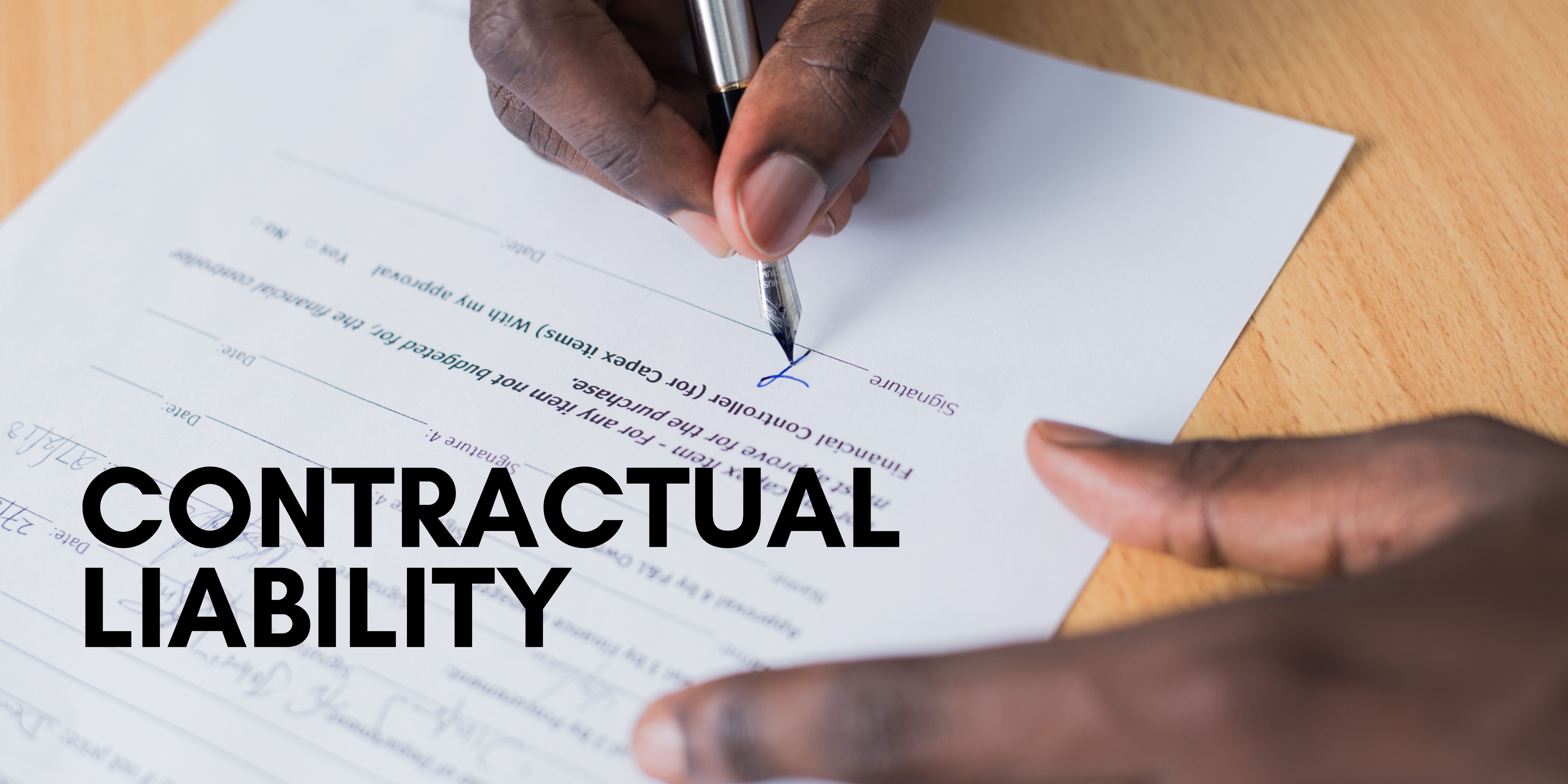A business that harms another party or damages/destroys property that belongs to another party may be sued or prosecuted. Larger businesses protect against their liability to third parties with a Commercial General Liability (CGL) policy. An insurance company provides a CGL under some assumptions about the type of losses it is willing to cover. One issue that can undermine a CGL is contractual liability. Contractual liability involves responsibilities that a covered business voluntarily agrees (in writing) to take over from another party.
A CGL's design and cost assume that it only has to protect the party listed on the policy. Taking on some other business' liability means that the policy is being asked to either defend or pay for the injuries or damages caused by an entity that it doesn't "know". Further, it is being asked to do so without any additional premium. Therefore, CGLs exclude most instances of contractual liability. An exception exists for situations that, while part of a contract, would otherwise have been eligible for coverage
A company that decides to step-in for another company must make careful arrangements to handle a loss it has assumed. It may try to take care of the situation by endorsing (changing) its CGL by adding the name of the other party as an additional insured. Or, when the insured company is a property owner, and the other party is a contractor, the property owner may buy a special form of coverage called Owners and Contractors Protective Liability.
Regardless of the coverage arrangement, not every situation will be covered. It would be best to read the CGL or Owners and Contractors Policy language to determine what situations are insured. A loss has to be a type that is eligible under the CGL or OCP. Further, the contractual arrangement has to be related to the type of operation insured by such policies.
Example: You own a printing company, and you, in writing, agree to cover your friend's plumbing business if they are sued by one of your customers. Neither a CGL nor an OCP would help because the written agreement has no relationship to your operations.
A smart move is to discuss your business relationships with an insurance professional. It's a solid way to be sure that your business liability is handled efficiently and economically. This often means that the best strategy is to have every party take care of their own insurance needs.



Comments